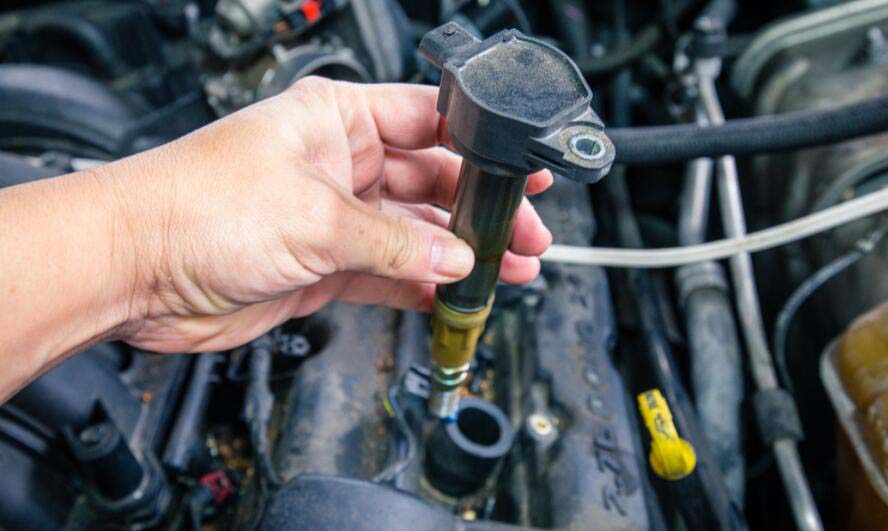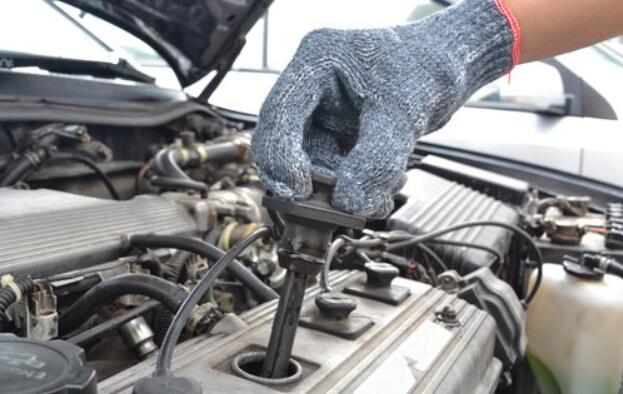Ignition coil pack are an important component of your vehicles. They provide the high voltage needed by the ignition system to fire the spark plugs. Located inside the ignition system, this part of electric equipment consists of ignition coils monitored by the vehicle’s chief computer system. Most engines that have a distributor ignition system have a single coil, but a few import applications have two coils.
Their main task is to stimulate and build up energy required and once it is done, release the voltage through spark plug cables. The combustion procedure starts once the energy reaches the spark plugs.
You will find quite a few signs that alert you regarding issues with the coils.
You will discover a few steps you can have to understand whether the problem is in the ignition coil pack, or another component of the car. Check the coils with a multimeter primary. Ignition coils retrieve energy from the battery, which is mostly at minimum 12 volts. The coils consequently convert the energy to a higher voltage, of at minimum 50,000 volts, in order to create a spark. The energy then moves via the distributor to the spark plugs, which then lights up the fuel. Some vehicles have just a couple of ignition coils to power the spark plugs, while other models apply one ignition coil per plug. You need to take out all the coils and then get a multimeter and tool kit handy.
Poor Fuel Economy
If the ignition coil does not transfer sufficient energy to spark plugs, the car has to burn and use extra fuel. It is the only method the vehicle is able to be kept working. However , burning extra and residual fuel results in poor gas mileage and reduce fuel economy! Make sure you are aware about the amount of miles per gallon the car can generally drive, prior to taking it on a short test drive. If you don’t know the number of miles per gallon, check your dashboard for the odometer and figure out the distance you have driven, and the average miles per gallon you typically receive.
Engine Getting Stalled
Will your engine abruptly stop and start for no reason? It turns into rather troublesome and annoying to drive if this happens and can compromise your safety on the street as well. If one or more of your ignition coils under the hood starts to crash, this can cause the car to stall. The engine ignition coil generate irregular sparks which will send out an uneven power charge to spark plugs. It keeps the engine from running correctly. Ignition coils can pose serious problems if the car has a one-per-plug system instead of a wasted spark system. The car can continue to work if some of the ignition coils are not working but starting it won’t be easy or smooth. This is why gaining knowledge of how to test ignition coils may be important.
Backfiring
Is your vehicle backfiring? If yes, you are bound to realize it is happening. There will be a noisy sound and trembling noise to alert you that something is wrong with the car. A strong blast, your car lurching forward, and black smoke coming out – it is hard to dismiss those signals. The check light might get turned on, while you can sense gas leaking from the car as well. These problems happen due to low fuel pressure too, but most of the time it is due to defect ignition coils that affect the the right time of when the spark plugs ignite, which causes misfiring and awful timing.
Occasional Idling
If the car is idling unexpectedly, it could mean you have got faulty ignition coils or coil pack. Additionally, the vehicles has less power when running, which is a clear sign that something is wrong with the ignition system.
Ignition coils are very rugged and reliable, but can fail for a variety of reasons. So having an knowelege of how to test ignition coil pack for signs of trouble is very important.




